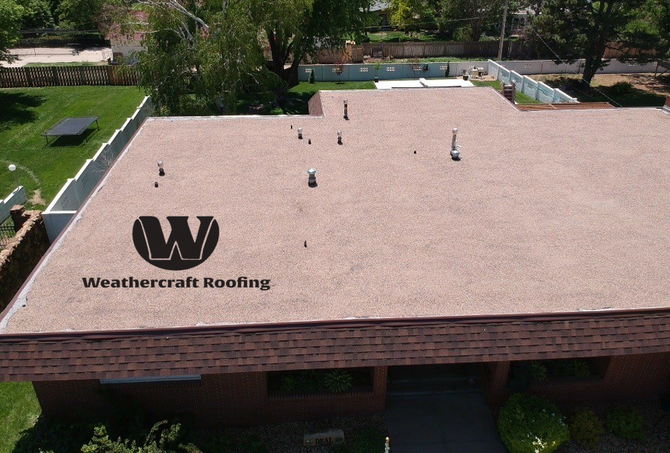When it comes to industrial roofing, choosing the right system is crucial for the longevity and safety of your property. Whether you’re installing a new roof or maintaining an existing one, understanding the different roofing options and their specific needs can save you time, money, and headaches. In this article, we’ll guide you through the essentials of industrial roofing systems and help you make informed decisions about your next roofing project.
Things to Keep in Mind for Your Industrial Roofing Project
When undertaking an industrial roofing project, there are several factors to account for, given the specific needs of large-scale buildings. Keep these considerations in mind:
- Building Use: The type of building determines roofing needs, whether for heat resistance, weather protection, or soundproofing. Consider the building's use to select the appropriate roofing material.
- Environmental Conditions: Different weather conditions, like extreme heat, heavy rainfall, or snow, can influence the durability of your roofing system. Choose materials suited to your area’s environment.
- Budget: Industrial roofing can be a significant investment. Balancing quality with cost-effective options ensures you get the best value for your investment.
- Energy Efficiency: Energy-efficient roofing materials can reduce your long-term energy bills. Look for options that enhance insulation and reduce heating and cooling needs.
Overview of Industrial Roof Types: Built-Up, Metal, and Modified Bitumen
Industrial buildings often use specific roofing systems. Below are some of the most common types that provide advantages based on the structure's needs.
Built-Up Roofs (BUR)
Built-up roofing systems are made of multiple layers of materials, typically tar and gravel, providing excellent waterproofing. BUR is durable, offers good insulation, and can handle harsh weather conditions, making it ideal for large industrial buildings. However, the installation process can be lengthy and labor-intensive.
Metal Roofs
Metal roofing is a popular choice for industrial buildings due to its durability and low maintenance. It’s highly resistant to extreme weather, including heavy snow, rain, and strong winds. Metal roofs are also energy-efficient, as they reflect sunlight, reducing cooling costs. They come in a variety of materials, including steel, aluminum, and copper, to suit different needs.
Modified Bitumen Roofs
Modified bitumen combines asphalt with rubber or plastic polymers, resulting in a flexible and durable roofing solution for low-slope buildings. Its resistance to leaks makes it a reliable choice for industrial structures.
Maintenance Tips to Extend the Life of Your Industrial Roof
To avoid costly repairs and extend the lifespan of your industrial roof, regular maintenance is crucial. Follow these tips to keep your roof in excellent condition:
- Regular Inspections: Have your roof inspected by professionals at least once a year to catch early signs of damage, like cracks, leaks, or debris buildup.
- Clean Gutters and Drains: Keep gutters and drains free of debris to avoid water accumulation that could damage your roof.
- Prompt Repairs: Address any issues quickly to prevent further damage. Delaying repairs can result in larger, more expensive problems later.
- Coating and Sealing: Applying coatings and sealants to your roof helps guard against moisture and UV damage, prolonging its lifespan.
The Importance of Hiring a Specialized Roofing Contractor
Because industrial roofing projects are unique, it’s crucial to hire a contractor with specialized experience. They can ensure proper installation, recommend the right materials, and provide maintenance support.
Conclusion: Industrial Roofing That Meets Your Business Needs
Selecting the right industrial roof is key to safeguarding your property and ensuring it lasts long-term. Understanding your options—BUR, metal, or modified bitumen—will guide your decision. With a specialized contractor, you can ensure optimal installation and maintenance for years of protection.
Ready to begin your industrial roofing project? Get in touch with us for expert advice and customized solutions tailored to your needs.

#IndustrialRoofing #CommercialRoofing #RoofInstallation #BuiltUpRoof #MetalRoofing #ModifiedBitumen #RoofMaintenance #EnergyEfficientRoofing